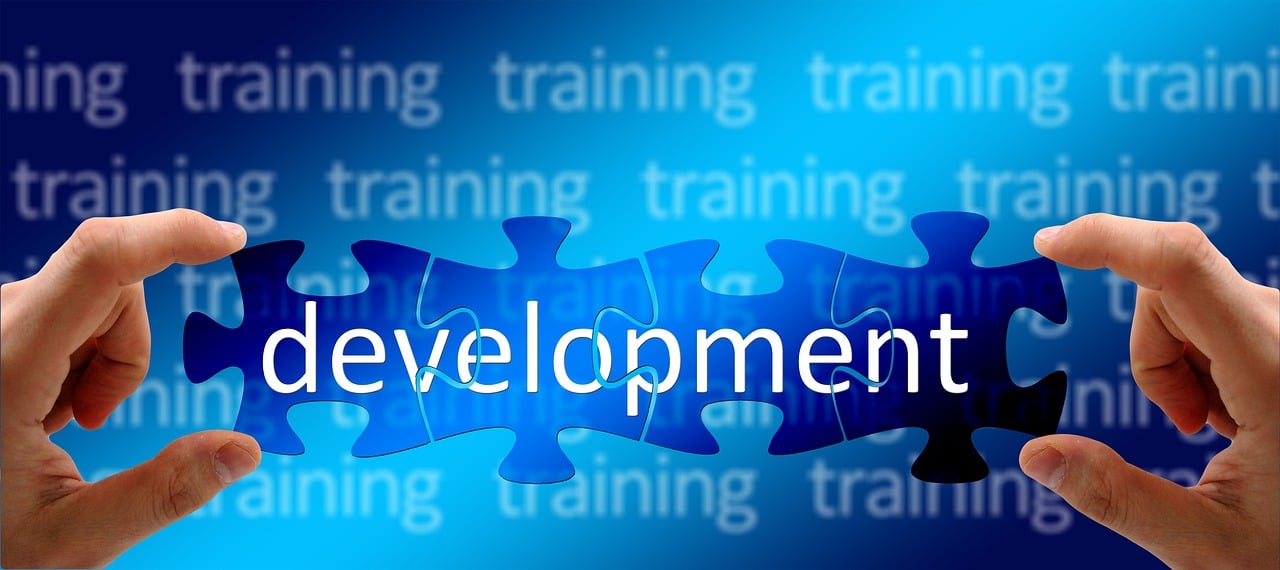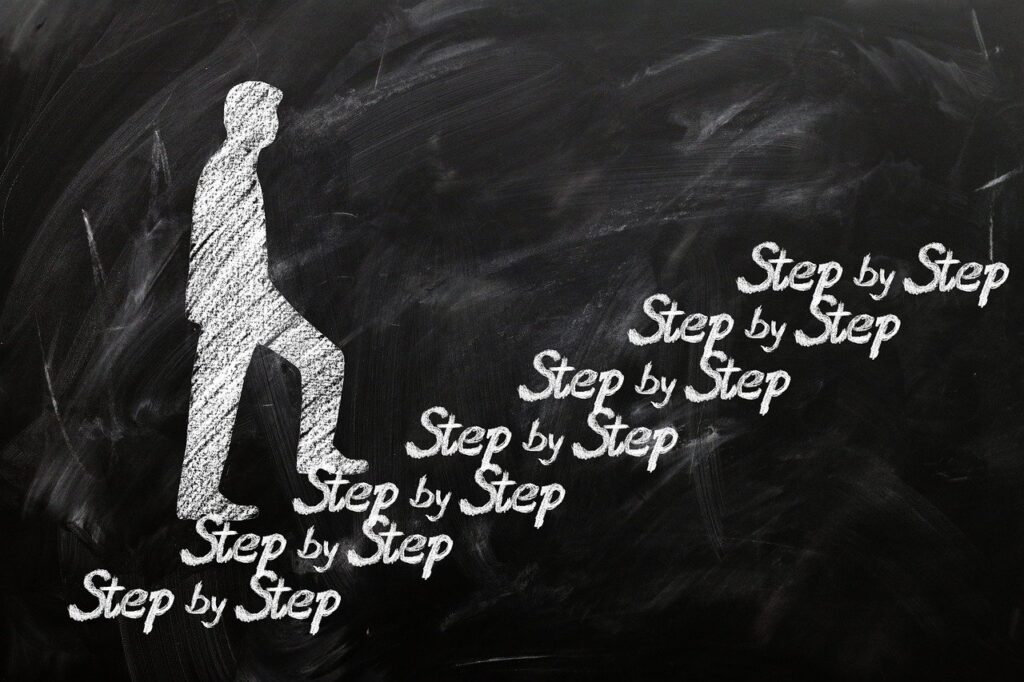Personality development is the process of improving one’s character, behavior, and overall demeanor. It involves self-awareness, self-improvement, and the cultivation of traits that can lead to personal and professional success.
Steps to Develop Personality
- Self-Assessment:
- Reflect on your strengths and weaknesses.
- Consider feedback from others to gain insights into your behavior.
- Set Goals:
- Identify specific traits or skills you want to develop (e.g., confidence, communication).
- Set achievable and measurable goals.
- Continuous Learning:
- Read books, take courses, or attend workshops focused on personal development.
- Explore new interests to broaden your horizons.
- Practice Communication Skills:
- Engage in conversations and practice active listening.
- Work on expressing your thoughts clearly and confidently.
- Emotional Intelligence:
- Develop self-awareness and empathy.
- Learn to manage your emotions and understand others’ feelings.
- Build Confidence:
- Step out of your comfort zone regularly.
- Celebrate small achievements to boost your self-esteem.
- Maintain a Positive Attitude:
- Practice gratitude and focus on the positive aspects of situations.
- Surround yourself with positive influences.
- Develop Social Skills:
- Engage in networking and social activities.
- Learn to collaborate and work effectively in teams.
- Seek Feedback:
- Ask for constructive criticism from peers and mentors.
- Use feedback as a tool for growth.
- Stay Committed:
- Consistency is key; regularly review your progress.
- Be patient with yourself as personal development is a lifelong journey.
By following these steps, you can foster a well-rounded personality that positively impacts your personal and professional life.
Here are a few everyday examples of personality development in action:
1. Public Speaking:
- Scenario: You have a fear of speaking in front of groups.
- Action: Join a local Toastmasters club or take a public speaking course. Gradually, you practice in smaller settings, which helps build your confidence and improves your communication skills.
2. Active Listening:
- Scenario: In conversations, you often find yourself thinking about what to say next instead of fully listening.
- Action: Make a conscious effort to listen actively. You can practice by summarizing what the other person says before responding. This enhances your relationships and shows you value others’ perspectives.
3. Setting Goals:
- Scenario: You feel stuck in your career and want to advance.
- Action: Set clear, achievable goals for yourself, such as learning a new skill or seeking a mentor. Over time, working toward these goals can lead to promotions and increased confidence in your abilities.
4. Volunteering:
- Scenario: You feel disconnected from your community.
- Action: Volunteer for a local charity or community group. This not only helps others but also builds your empathy, social skills, and sense of purpose.
5. Journaling:
- Scenario: You often feel overwhelmed and stressed.
- Action: Start a daily journaling practice to reflect on your thoughts and feelings. This can improve your self-awareness and help you process emotions more effectively.
6. Feedback from Peers:
- Scenario: You want to improve your teamwork skills.
- Action: After a group project, ask team members for feedback on your collaboration. Use this information to identify areas for improvement and adjust your approach in future projects.
7. Mindfulness Practices:
- Scenario: You often react impulsively in stressful situations.
- Action: Incorporate mindfulness or meditation into your daily routine. This can help you develop emotional regulation and respond to challenges more thoughtfully.
These examples show how small, intentional actions can lead to meaningful personality development over time.


